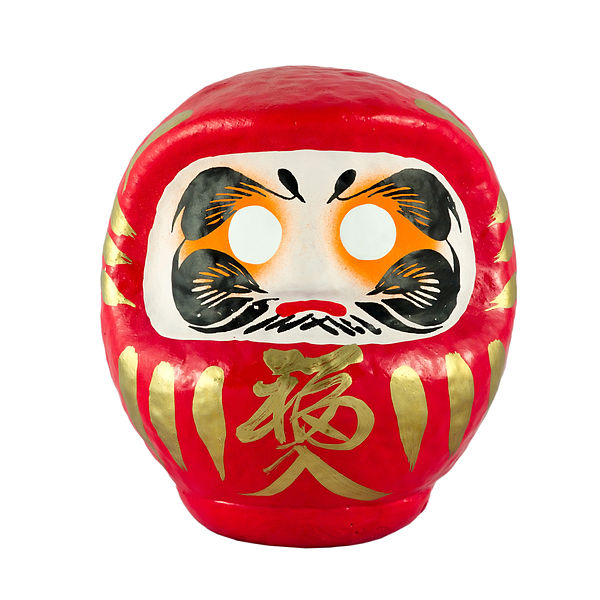Infinite photos and videos for every Wiki article ·
Find something interesting to watch in seconds
Great Artists
Recovered Treasures
Celebrities
Animals
Wonders of Nature
Crown Jewels
Largest Palaces
British Monarchs
Sports
Great Cities
Wars and Battles
Great Museums
Supercars
Richest US Counties
Best Campuses
History by Country
Kings of France
Countries of the World
Orders and Medals
Famous Castles
Ancient Marvels
Tallest Buildings
Rare Coins
Largest Empires
Presidents
World Banknotes
more top lists








